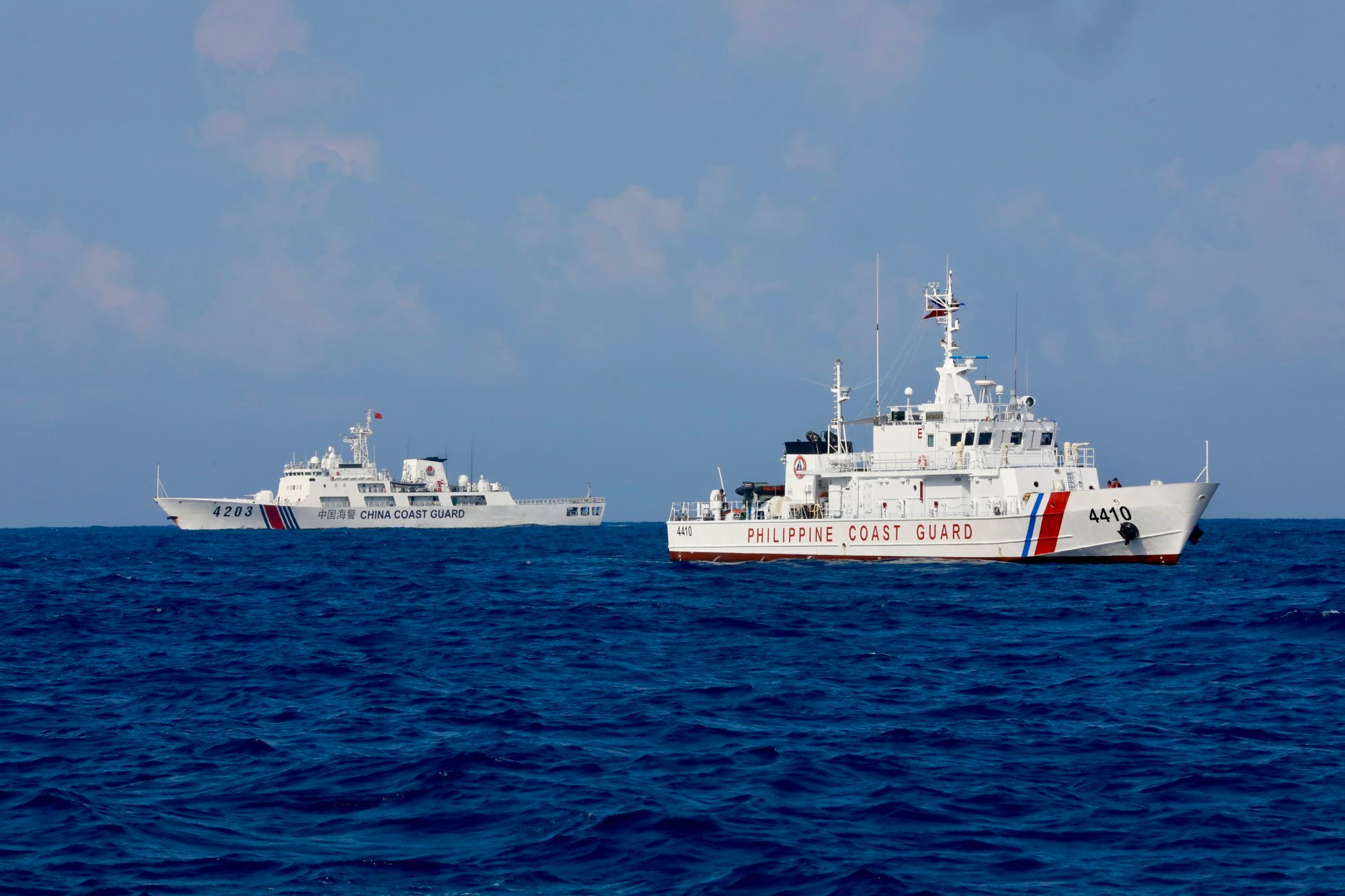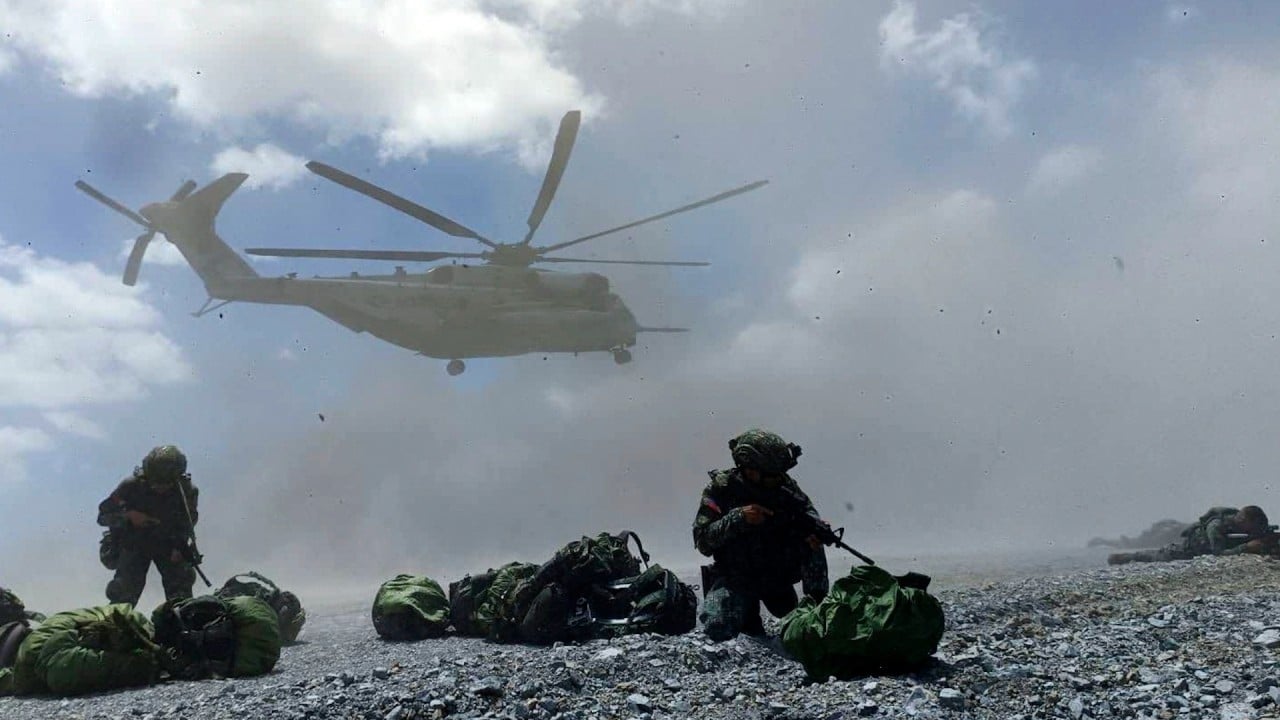Most Filipinos say they support neutrality over Taiwan, want Manila to focus on home front
Another 22.5 per cent said they were “unsure” whether they approved of the military’s actions, while 8 per cent highly disapproved.

Most Filipinos, however, would prefer it if their leaders prioritised the home front. About 75 per cent of survey respondents said the government should focus on resolving domestic issues rather than actively participating in international affairs.
Should Philippine interests “come into conflict” with those of other countries, 65 per cent of respondents said national interests should come first. However, 77 per cent felt cooperation with other nations was important in resolving problems faced by the Philippines.
Beijing views Taiwan as a renegade province that should be reintegrated into mainland control, by force if necessary. While many nations, including the US, do not officially acknowledge Taiwan as an independent state, they oppose any use of force to alter the existing status quo.
Robin Michael Garcia, CEO and president of the WR Advisory Group, the parent company of WR Numero Research, told This Week in Asia on Tuesday that even though the respondents expressed their preference for neutrality on the Taiwan issue, there was an increasing awareness of the importance of Taiwan to the Philippines’ national security and sovereignty.
Garcia noted that even the Marcos government’s recently published National Security Policy considered the deepening conflict between mainland China and Taiwan as a cross-strait issue and that the focus should be on the repatriation of Filipinos working in Taiwan in the event of a war.
The respondents’ clear preference for Manila to focus on domestic issues was underscored by the lower ranking of the South China Sea dispute compared with domestic issues. Out of 13 issues surveyed, the conflict in the West Philippine Sea ranked only seventh.
